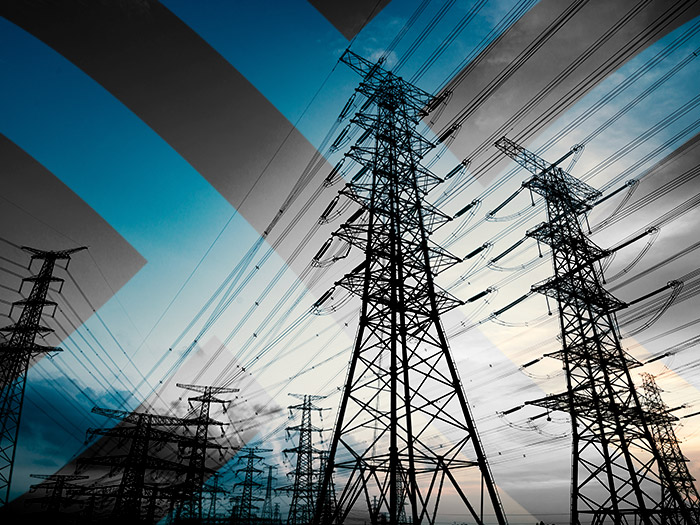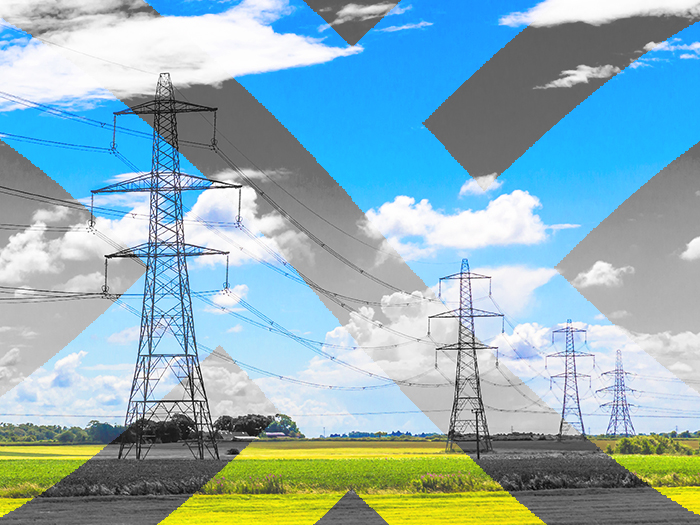News
better business decisions
Posted 3 years ago | 4 minute read

Ireland to procure 200MW of “emergency” capacity before winter
Ireland’s Commission for Regulation of Utilities (CRU) has directed EirGrid to secure the delivery of circa 200MW of emergency additional generation capacity ahead of winter.
In June this year, EirGrid sent a letter to CRU, raising concerns over the security of supply ahead of winter 2021, given the “significant and unexpected failure” of equipment at Huntstown (Dublin) and Whitegate (Cork) generating stations and the timeframes in relation to their return to service. It urged CRU to allow procurement of “mobile and temporary” emergency additional generation to fill the gap ahead of winter 2021 to mitigate the risk of emergency load shedding.
In a letter dated 2 July, but published on 9 August, CRU identified a “likely and substantial risk of a security of supply emergency in respect of which it is not practicable in the time available to otherwise ensure security of supply”. As such it directed EirGrid to secure the delivery of circa 200MW of emergency additional generation capacity ahead of winter.
EirGrid is further directed, prior to the commencement of any required development, to provide to the CRU, for its approval in advance, the terms and conditions applicable to the contract for the delivery of the additional capacity, together with satisfactory supporting analysis which addresses whether and the extent to which the securing of this generation may have an impact on the CRM and/or the Wholesale Market and addresses any relevant State aid issues or concerns.
CRU also said costs that may arise to EirGrid in its fulfilment of this direction may be recovered through the Transmission Use of System (TUoS) charges, for which the CRU will make the necessary provision that will apply to all customer groups from 1 October.
In a letter of consent, from minister Ryan, it was noted that that six temporary gas-generating units with a total of 200MW capacity would be deployed at North Wall in Dublin. But Ryan cautioned the CRU to consider why the market structure was not bringing about investment in new generation capacity and called on it to “review and evaluate” the performance of the market and regulatory measures in place and to consider if changes are required.
GridBeyond’s Managing Director UK & Ireland, Mark Davis said:
“Power demand in Ireland has increased significantly in recent years, spurred in large part by the continuing deployment of new data centres. But management of generation capacity has not kept pace. Appropriate market signals were and are needed for demand response and battery storage projects to mitigate for an aging conventional generation fleet and compensate the increase in renewable generation
“Although plans are now in motion to secure supplies ahead of winter, this situation could have been predicted much earlier. Whitegate (440MW) and Huntstown (400MW) have been offline for much of the year with speculations that they may not return any time soon. Procuring this close to the crisis point, will come at a cost premium, which will ultimately be paid for by consumers.”
Capacity cancelled
Since publication, it has been reported that Eirgrid has confirmed it will not be procuring 200MW of emergency gas in the coming months, despite the mandate issued earlier this month, leaving the grid under severe pressure. The Department of the Environment has insisted it is taking sufficient steps to avoid rolling blackouts this winter and it is now expected that two offline plants at Whitegate in Cork and Huntstown in Dublin will be back up and running by Winter.
Gridbeyond’s Head of Strategy and Regulatory Affairs Lisa Foley said:
“It has been speculated that the procurement of this additional capacity was pulled owing to competition concerns around the procurement process, and the anticipated return of the Whitegate and Huntstown plants was a key driver in the decision. But regardless, this looks to be a loose-loose situation for both grid security and climate change. While media had been focussed on the climate impacts of procuring capacity from 6 additional gas-fired units, both the Cork and Dublin plants set to return online are both gas-fired, making little difference to overall sector emissions. A number of other contingency measures are being pursued to ensure security of supply this winter including increasing the availability of existing generators, development of new generation capacity; and changes to the grid connection of data centres. But with many of these plans in early stages, it looks as though the grid will face significant challenges this winter.”








